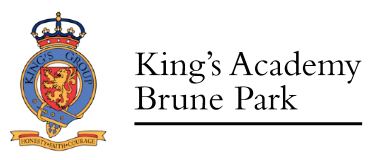Science
We study a wide curriculum that incorporates all three scientific disciplines. Emphasis is placed on understanding the world around us and time and care is taken to unpick and understand scientific ideas.
Knowledge is key in science and throughout your child’s time at Brune Park knowledge is obtained and built on topic by topic.
Science is ultimately a practical subject and emphasis is put on understanding through doing therefore practical work is undertaken at every available opportunity. Our long term aim is to encourage students to develop their skills and use their observations to draw conclusions. These are skills that are needed for studying both A-level science but also more vocational based courses post 16.
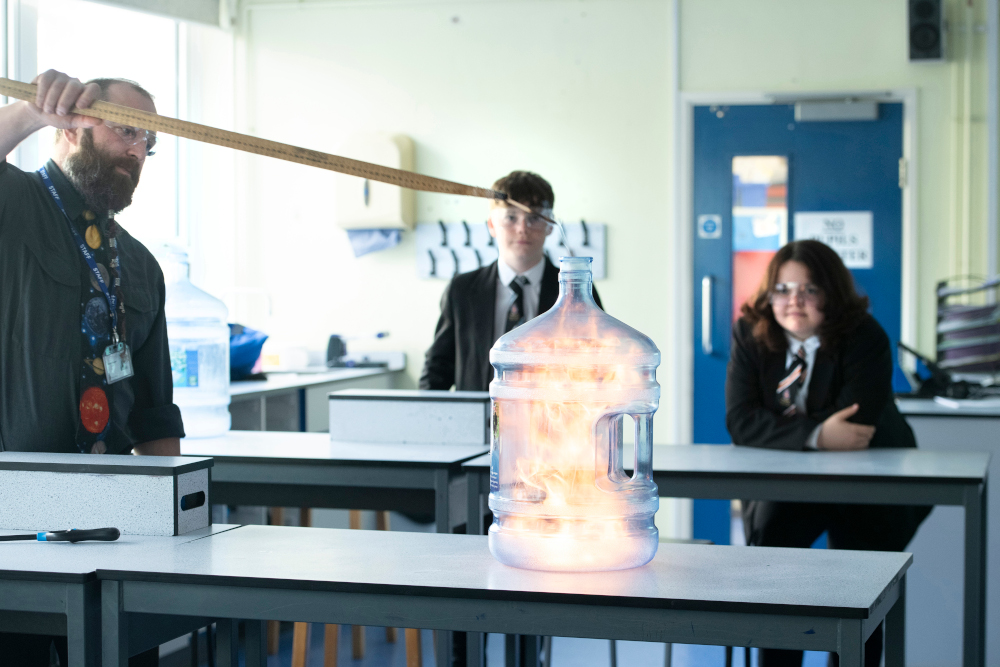
Years 7-8 Curriculum Overview
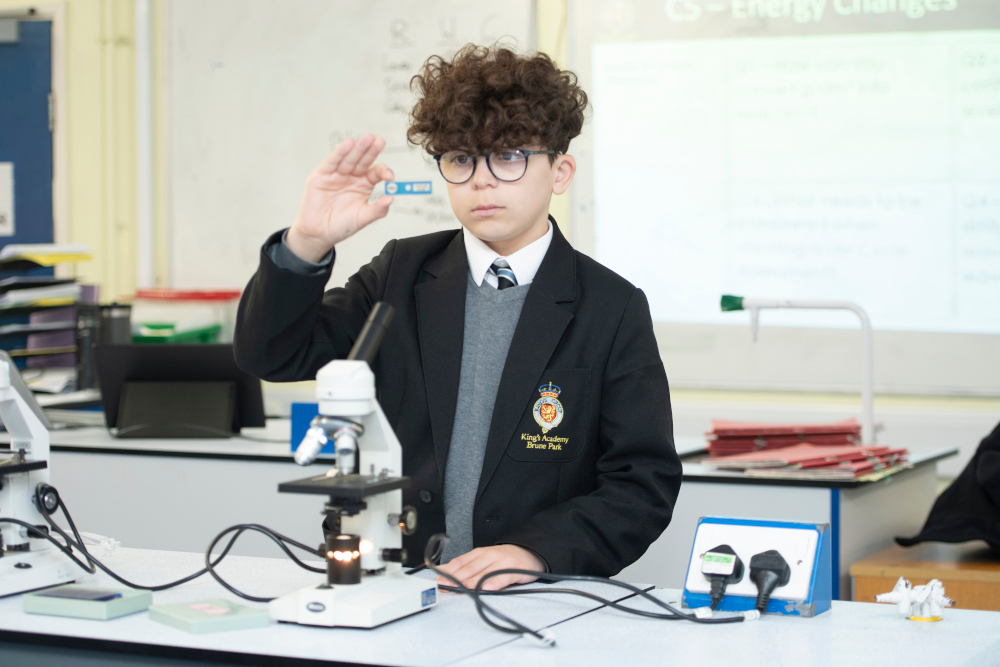
Year 7 and 8 study the key questions of science. Topics are studied through instruction and practical work so that students are motivated and constantly questioning the world around them. Topics covered are broad and allow time for students to master the concepts needed for deeper learning at GCSE level.
Topics are constantly evolving, however the following titles are studied in each year:
Year 7
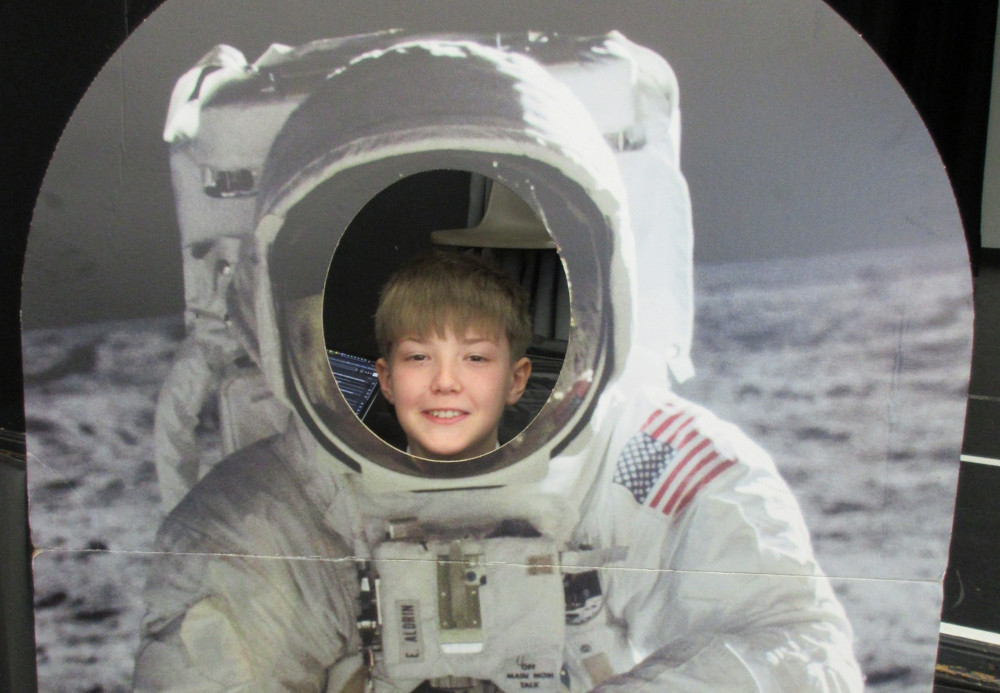
-
Introduction to science
-
Particles & Matter
-
Cells
-
Variation & Reproduction
-
Reactions of Metals & acids
-
Forces
-
Earth Structure & the Universe
Year 8
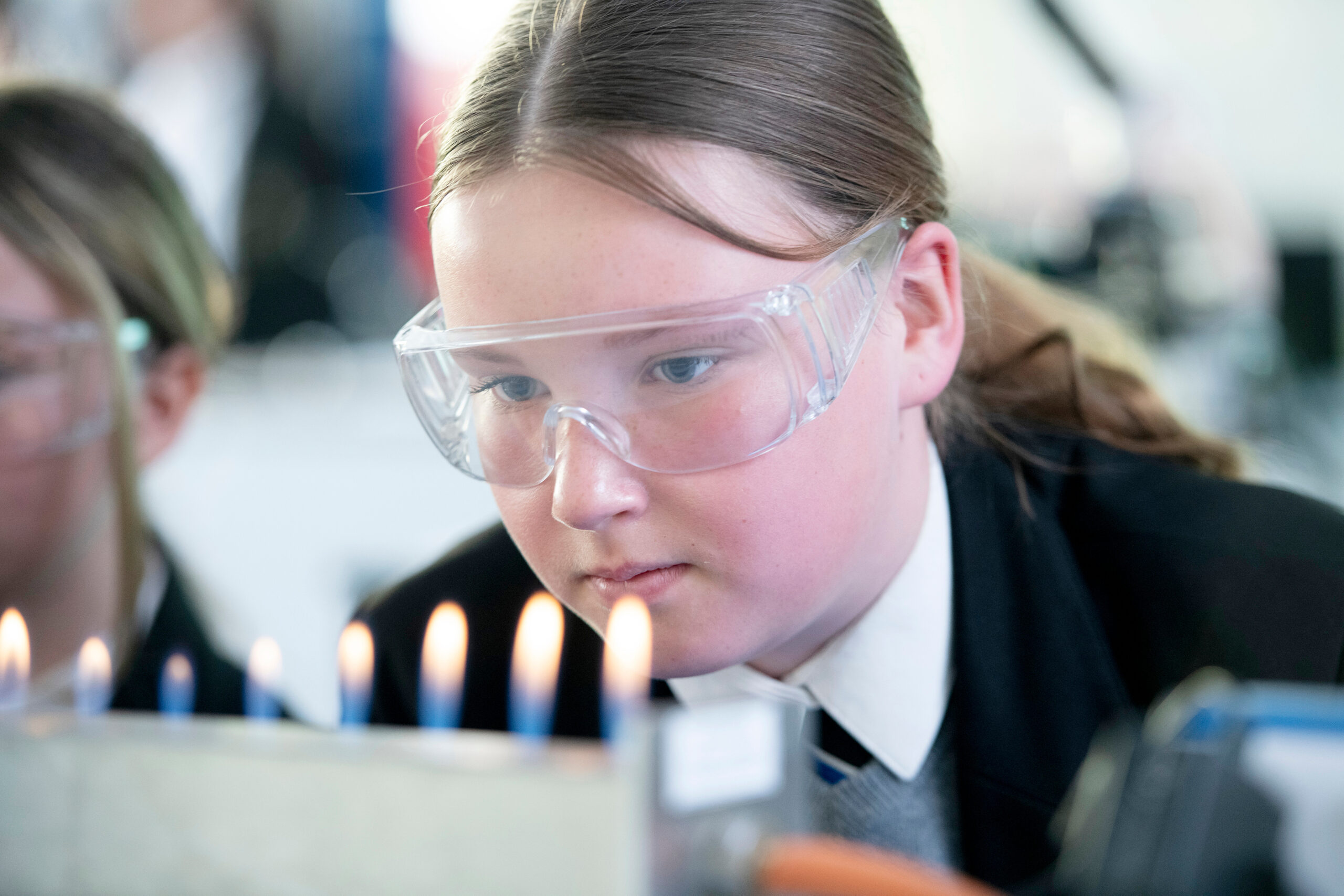
-
Systems
-
Fundamental Chemistry
-
Light & Sound
-
Electricity
-
Magnetism
-
More forces
-
Acids & Alkalis
-
Earth resources
Years 9-11 Curriculum Overview
The content studied is vast and there will be emphasis on recall in the exams. All students will undertake required practical work which will also be assessed in the examinations. The GCSEs are 100% exam based and there is no coursework in science.
The ‘triple science’ course covers all the topics listed below:


Biology
-
Cell biology
-
Organisation
-
Infection and response
-
Bioenergetics
-
Homeostasis and response
-
Inheritance, variation and evolution
-
Ecology
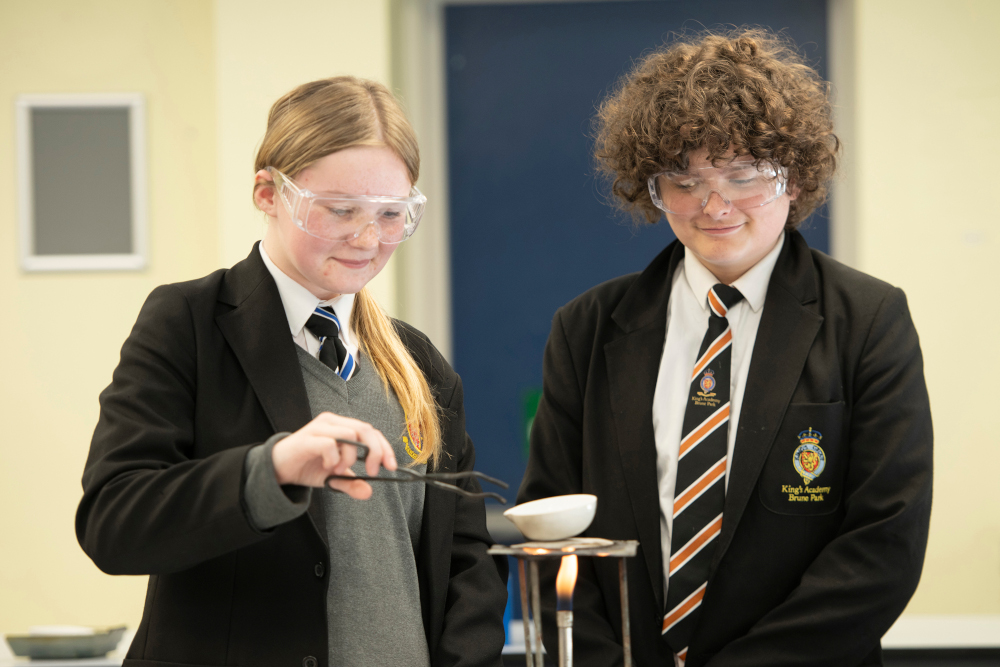
Chemistry
-
Atomic structure and the periodic table
-
Bonding, structure, and the properties of matter
-
Quantitative chemistry
-
Chemical changes
-
Energy changes
-
The rate and extent of chemical change
-
Organic chemistry
-
Chemical analysis
-
Chemistry of the atmosphere
-
Using resources
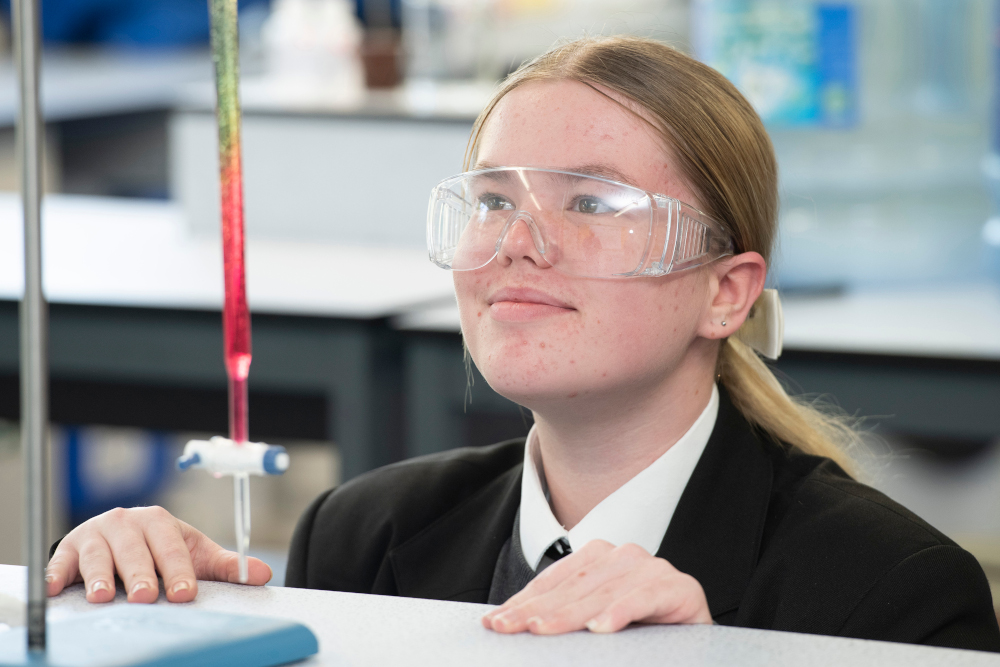
Physics
-
Forces
-
Energy
-
Waves
-
Electricity
-
Magnetism and electromagnetism
-
Particle model of matter
-
Atomic structure
-
Space physics

